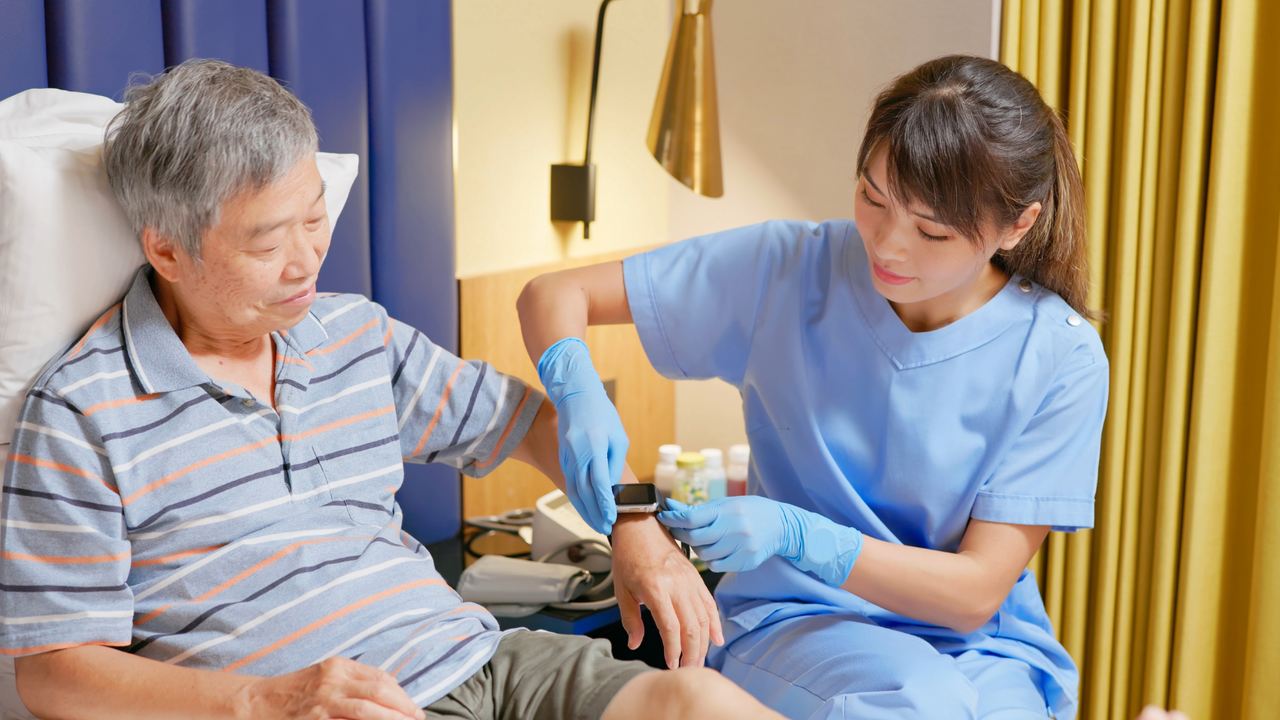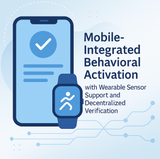The Future of Healthcare: Exploring the Potential of Wearable Technology
In recent years, we have witnessed an unprecedented growth in wearable technology. From fitness trackers to smartwatches, these devices have become an integral part of our lives, revolutionizing the way we monitor and manage our health. However, the impact of wearable technology extends far beyond just tracking steps or heart rate. In this blog post, we will dive into the future of healthcare and explore the immense potential that wearable technology holds in transforming the delivery of healthcare services.
Remote Patient Monitoring:
Wearable devices equipped with sensors can enable remote patient monitoring, allowing healthcare providers to gather real-time data on patients' vital signs, activity levels, sleep patterns, and more. This technology has the potential to revolutionize chronic disease management, as doctors can remotely monitor patients' conditions and provide timely interventions. It can enhance patient outcomes, reduce hospital readmissions, and improve overall quality of care.
Early Disease Detection:
Early detection plays a crucial role in successful treatment outcomes. Wearable devices have the potential to detect subtle changes in health indicators that might indicate the onset of certain diseases. For example, smartwatches with built-in ECG sensors can help identify irregular heart rhythms and potentially prevent life-threatening conditions such as atrial fibrillation. By alerting individuals and healthcare providers to potential health risks, wearable technology can facilitate early intervention and proactive healthcare management.
Personalized Health Insights:
Wearable devices collect vast amounts of data on users' health and lifestyle patterns. When combined with advanced analytics and machine learning algorithms, this data can provide individuals with personalized health insights and recommendations. From exercise routines to sleep patterns, wearables can offer tailored suggestions to improve overall well-being. Moreover, these insights can assist healthcare professionals in designing personalized treatment plans based on the individual's specific needs, leading to more effective and efficient healthcare delivery.
Medication Adherence and Chronic Disease Management:
One of the significant challenges in healthcare is medication non-adherence, particularly among patients with chronic diseases. Wearable technology can play a vital role in addressing this issue by sending medication reminders, tracking medication intake, and monitoring treatment adherence. By providing continuous support and feedback, wearables can empower patients to manage their conditions better and foster a sense of accountability towards their own health.
Emergency Response and Safety:
In emergencies, every second counts. Wearable devices equipped with GPS, fall detection, and emergency alert systems can quickly notify designated contacts or emergency services when an individual is in distress. This technology can be particularly beneficial for older adults or individuals with chronic conditions, ensuring timely assistance and potentially saving lives.
The future of healthcare is intricately linked to the potential of wearable technology. As these devices continue to evolve and become more sophisticated, they hold the promise of transforming healthcare delivery, improving patient outcomes, and empowering individuals to take charge of their own health. By leveraging the data collected through wearables, healthcare providers can offer personalized and proactive care, revolutionizing disease prevention, diagnosis, and treatment. Embracing wearable technology is not just a trend but a significant step towards a more connected and patient-centric healthcare system.
Truway Health News & Insights
Consistency Over Intensity: How to Make Wellness Stick
Consistency Over Intensity: How to Make Wellness Stick Wellness and self-care goals often start with...
Mobile‑Integrated Behavioral Activation With Wearable Sensor Support and Decentralized Verification: Protocol for a Randomized Behavioral Trial
Abstract Background: Behavioral activation delivered through mobile platforms has shown promise for...
When Your Body Won’t Settle Down Everyday Habits That Calm Inflammation
When Your Body Won’t Settle Down: Everyday Habits That Calm Inflammation Inflammation is a normal bi...
Truway Health Launches Innovative In-Vitro Cryo-Therapeutic Clinical Study
Advancing Cellular Preservation, Precision Therapy, and Translational Science Truway Health, Inc. is...
Everyday Stress, Handled: Practical Ways to Feel More Steady Day to Day
Everyday Stress, Handled: Practical Ways to Feel More Steady Day to Day Everyday stress is the mind-...
Creating Your Personalized Health Roadmap: Break Bad Habits and Build Long-Term Well-Being
Creating Your Personalized Health Roadmap: Break Bad Habits and Build Long-Term Well-Being Improving...







